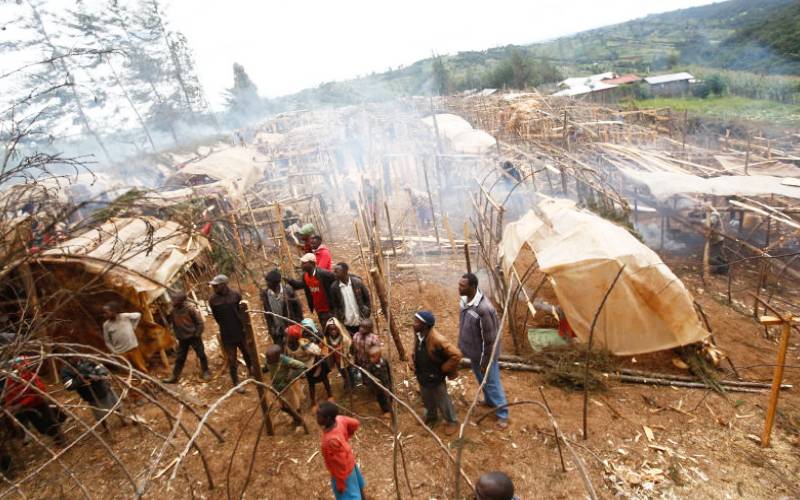×
The Standard e-Paper
Home To Bold Columnists

There are hundreds of Mau dwellers who acquired titles and have been innocently occupying the land.
Renewed attempts to conserve the Mau Forest Complex have put the Jubilee admiration in a moral quandary.